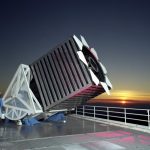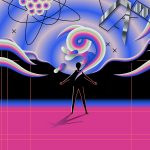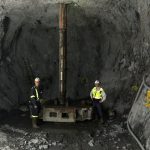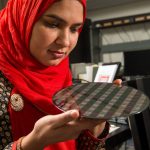Author Archive
Five students have received the prestigious U.S. Department of Energy Office of Science Graduate Student Research Award to conduct their research at Fermi National Accelerator Laboratory.
From CERN Courier, September 27, 2021: Fermilab’s Proton Improvement Plan II (PIP-II) is relying on international collaborations to shape the future of accelerator-based particle physics in the U.S. Lia Merminga and Eduard Pozdeyev provide an insider take.
Sloan Digital Sky Survey received the 2021 ACM SIGMOD Systems Award for its “early and influential demonstration of the power of data science to transform a scientific domain.” The award recognized the contributions of Fermilab’s Bill Boroski, Steve Kent and Brian Yanny, as well as several others, for work done from 2000 to 2008 on the database systems developed to distribute SDSS data.
The U.S. Department of Energy recently announced $13.7 million in funding for nine research projects that will advance the state of the art in computer science and applied mathematics. One of the recipients of this funding, Fermilab scientist Nhan Tran will lead a project to explore methods for programming custom hardware accelerators for streaming compression.
The U.S. Department of Energy awarded Farah Fahim an Early Career Research Award to investigate how deploying neural networks and machine learning on a particle detector can allow data processing at source. Her work could make data processing at detectors more efficient, improving fundamental research at physics facilities like the LHC at CERN.








